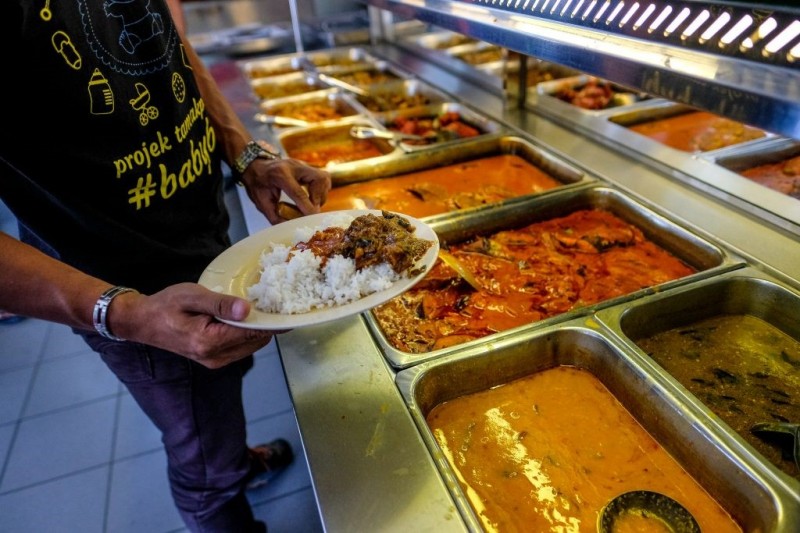
ALL food traders in Malaysia were negatively impacted by the hike prices in food materials, but small retailers, and brick and mortar businesses were particularly hard hit.
Nasi Ayam Kiosk founder Norhaidah Samlee said the increase in food prices without a doubt burdened and badly impacted the small and medium enterprises (SMEs) business as opposed to more established businesses and those with larger funding.
“As a business under the SME category, this increased food cost is hurting our business and the impact is already seen in the short-term period,” she said.
“Looking at our operation, we don’t have to wait for one year to see the impact,” she told The Malaysian Reserve (TMR) recently.
She said the food and beverage (F&B) industry which is known as “fast making” profit is now severely affected and all the players especially the SMEs are burdened by it.
“This is especially complicated given the nature of F&B business with a rising competition each day but at the same time seeing a decline in the number of people going out to eat and they tend to buy in limited amount.”
According to Norhaidah, with the inflation and minimum wage implementation, the only logical option to take is to reduce the number of her business workforce.
“For SMEs, we try to minimise the cost by reducing our workers first, because the other two, utility cost and food material, are beyond our control,” she told TMR during an interview.
With the current major price spike, operators are left with no choice but to impose and increase pricing on their menu based on the price of raw materials and that is inevitable to keep business profitable.
“For us, whose target market is typically adults in the bottom 40% income group and above, this creates another double obstacle because this group is already impacted by the rising cost of living,” Norhaidah said.
Nonetheless, she said her food business weather through these challenging times since the pandemic without financial assistance or incentive in sustaining business operation.
Meanwhile, Nasi Campur Kami founder Mohamad Hafiz, whose company mostly offers a variety of Malay culinary dishes, said food prices were still under control before the pandemic.
“However, things are now growing worse as the prices of nearly all raw and dry food ingredients have increased significantly,” he said.
He mentioned how the Movement Control Order and economic uncertainty had a negative financial impact on his company, forcing him to shut down operations for a year.
“Our business was closed down for a year, and now that it has nearly been seven months since we reopened, the current inflation, particularly in the last one month, is a huge challenge for us after recovery from the shutdown before,” Hafiz said.
He added that, in overall, similar to others, his business has to incur some additional costs and increase the price for almost all 40 dishes to continue making a profit.
“It is fair to conclude that if the cost of food supply was typically RM4,000 per week, it may now be up to RM6,000 for the business to cover, that accounts to approximately 30% increase,” he told TMR.
“We are grateful that some customers are able to understand although some tend to ask and compare, we hope there is a solution for this,” he said.
Despite the struggles, he added that his company is adhering to the implementation of minimum wages by the government and managed to keep all of its workers as of now.
“Regardless of the challenges, we are optimistic for the future, and will open two more branches for this remaining year,” Hafiz told TMR.
Meanwhile, Restaurant Mahsuri 1819 operator Afnan Aiman said he is confident that F&B operators will suffer losses if the price is not increased on the menu.
“While many still question the price, customers need to understand that traders are also at risk to lose customers as well,” he said.
“For example, the price of chicken in 2021 was RM7.50 per kg, now it is almost RM 15 per kg. That’s almost a 100% increase at the price of supply, this is a very worrying situation if it is prolonged,” he said.
Afnan also noted that there are also irresponsible traders who take advantage of the situation and resort into increasing the price of goods unreasonably.
In that regard, he hopes the authority imposes a control price to the supplier so that the price is not increased arbitrarily.
Source: https://themalaysianreserve.com/2022/07/12/restaurant-owners-food-traders-find-no-better-day-in-sight-amid-rising-prices/

